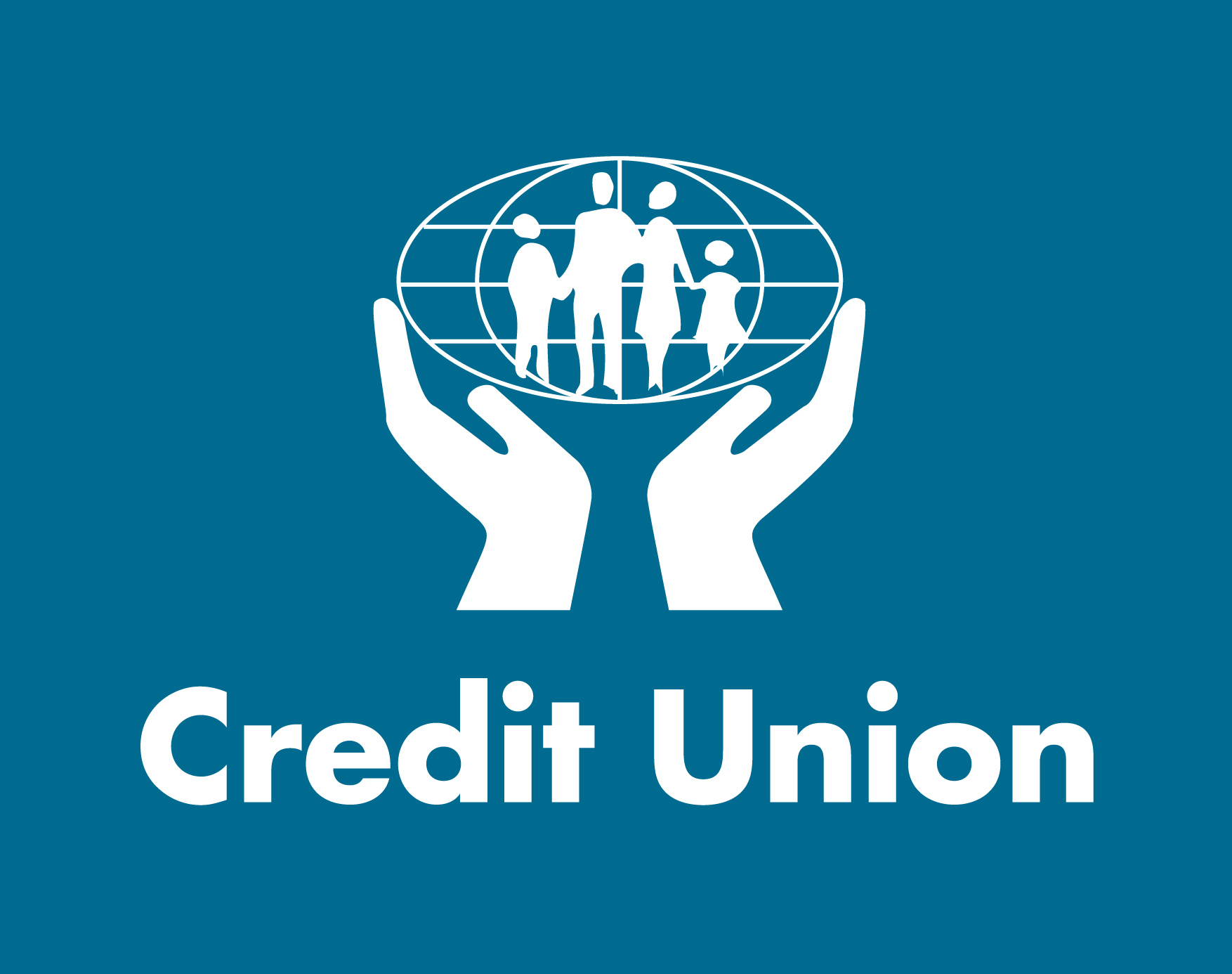
Credit unions are often overlooked in the financial world, overshadowed by big banks and corporate institutions. However, these community-oriented financial organizations have a lot more to offer than meets the eye. In fact, credit unions are known for their unique characteristics and contributions to their members and communities. Whether you’re a member of a credit union or simply curious about these financial institutions, you’re in for a treat! In this article, we’ll explore 11 fun facts about credit unions that will not only surprise you but also shed light on the value they bring to the table. So, buckle up and get ready to discover the interesting world of credit unions!
Key Takeaways:
- Credit unions prioritize members’ financial well-being, offering lower interest rates and personalized service. They focus on community, financial education, and inclusivity, creating a sense of belonging for their members.
- Joining a credit union is easy and inclusive, with a wide range of financial products available. Members have a say in decision-making, and their deposits are insured for peace of mind.
Credit unions are not-for-profit financial institutions.
Unlike traditional banks, credit unions are member-owned and operate on a not-for-profit basis. This means that instead of focusing on maximizing profits for shareholders, credit unions prioritize the financial well-being of their members. They often offer lower interest rates on loans, higher interest rates on savings accounts, and lower fees compared to traditional banks.
Credit unions prioritize customer service.
One of the unique aspects of credit unions is their focus on providing exceptional customer service. Since credit unions are member-owned, they have a vested interest in building relationships and ensuring the satisfaction of their members. This results in personalized and attentive customer service that goes beyond what is typically offered by larger financial institutions.
Credit unions offer a wide range of financial products.
Contrary to popular belief, credit unions are not limited to just basic savings and checking accounts. They offer a comprehensive range of financial products and services, including mortgages, auto loans, credit cards, and investment options. Many credit unions also provide financial education resources and programs to help their members make informed decisions about their money.
Credit unions have a community-focused approach.
Credit unions are deeply rooted in their local communities and often participate in initiatives that benefit the areas they serve. They support local businesses, sponsor community events, and invest in community development projects. This community-focused approach sets credit unions apart from larger banks and fosters a sense of belonging among their members.
Credit unions are governed by their members.
Members of credit unions have a direct say in the decision-making processes of their institutions. Each member has an equal vote in electing the board of directors, who are responsible for overseeing the credit union’s operations. This democratic structure ensures that the members’ interests are represented and that the credit union operates in their best interest.
Credit unions prioritize financial education.
Many credit unions are committed to promoting financial literacy among their members. They offer educational programs, workshops, and resources to help individuals and families develop strong money management skills. By promoting financial education, credit unions empower their members to make informed financial decisions and achieve long-term financial stability.
Credit unions are insured.
Just like traditional banks, credit unions are insured to protect their members’ deposits. The National Credit Union Administration (NCUA) provides deposit insurance coverage similar to the Federal Deposit Insurance Corporation (FDIC) for banks. This means that members can trust that their money is safe and secure in a credit union.
Credit unions prioritize financial inclusion.
Credit unions have a strong commitment to ensuring financial inclusion and serving underserved communities. They often provide access to affordable financial products and services to individuals who may have difficulty accessing them through traditional banks. This commitment to inclusivity helps promote economic opportunity and empowerment for all members of society.
Credit unions are known for their competitive interest rates.
Due to their not-for-profit structure and focus on member benefits, credit unions often offer competitive interest rates on loans and savings accounts. This can translate into significant savings for members, especially when it comes to long-term loans such as mortgages and auto loans.
Credit unions promote a sense of community.
Being a member of a credit union often comes with a sense of belonging to a community. Members have the opportunity to connect with like-minded individuals who share common financial goals and values. This sense of community fosters trust, collaboration, and mutual support among members.
Joining a credit union is relatively easy.
Contrary to popular belief, joining a credit union is not complicated or exclusive. Many credit unions have broad membership requirements that include individuals who live, work, worship, or go to school in a particular area. Additionally, some credit unions extend membership to specific organizations or associations. Joining a credit union offers individuals the opportunity to become part of a financial institution that is focused on their best interests.
Conclusion
In conclusion, credit unions are more than just financial institutions. They provide a unique and member-focused approach to banking, offering a wide range of benefits and services to their members. From better interest rates to personalized customer service, credit unions strive to create a sense of community and financial empowerment. With their cooperative structure and commitment to the well-being of their members, credit unions continue to be a popular alternative to traditional banks.Whether you’re looking for competitive rates on loans and savings accounts, or simply wanting to support a local and member-owned institution, credit unions are a great option. So next time you’re in need of financial services, consider joining a credit union and experience the many benefits they have to offer.
FAQs
1. What is a credit union?
A credit union is a financial institution that is owned and operated by its members. It offers banking services such as savings accounts, loans, and checking accounts.
2. How is a credit union different from a bank?
Unlike banks, credit unions are not-for-profit organizations. They are focused on serving their members rather than making a profit for shareholders.
3. How can I become a member of a credit union?
Membership criteria vary by credit union, but generally, you need to meet certain eligibility requirements such as living or working in a specific area or being employed by a certain organization.
4. What are the benefits of joining a credit union?
Credit unions often offer lower interest rates on loans, higher interest rates on savings accounts, and lower fees compared to traditional banks. They also provide personalized customer service and a sense of community.
5. Are credit union deposits insured?
Yes, similar to banks, credit union deposits are insured by the National Credit Union Administration (NCUA) up to $250,000 per account.
6. Can I access my money from any ATM?
Most credit unions are part of a larger network that allows members to access their funds from a wide range of ATMs without incurring additional fees.
7. Can I apply for a loan at a credit union?
Yes, credit unions offer various loan options including personal loans, auto loans, and even mortgages. The rates are often competitive, and the application process is typically straightforward.
8. Can I still use online banking with a credit union?
Yes, many credit unions offer online banking services that allow you to manage your accounts, transfer funds, and pay bills conveniently from your computer or mobile device.
9. Are credit unions only for individuals or can businesses join too?
While credit unions primarily cater to individuals, some credit unions also offer services for small businesses.
10. How are credit union decisions made?
Credit unions operate on a democratic structure, with members having a say in decision-making. Each member has an equal vote, regardless of their account balance or financial standing.
11. Can I switch from a bank to a credit union?
Yes, switching from a bank to a credit union is possible. You can open a new account at a credit union, transfer your funds, and set up any automatic payments or direct deposits.
Was this page helpful?
Our commitment to delivering trustworthy and engaging content is at the heart of what we do. Each fact on our site is contributed by real users like you, bringing a wealth of diverse insights and information. To ensure the highest standards of accuracy and reliability, our dedicated editors meticulously review each submission. This process guarantees that the facts we share are not only fascinating but also credible. Trust in our commitment to quality and authenticity as you explore and learn with us.


